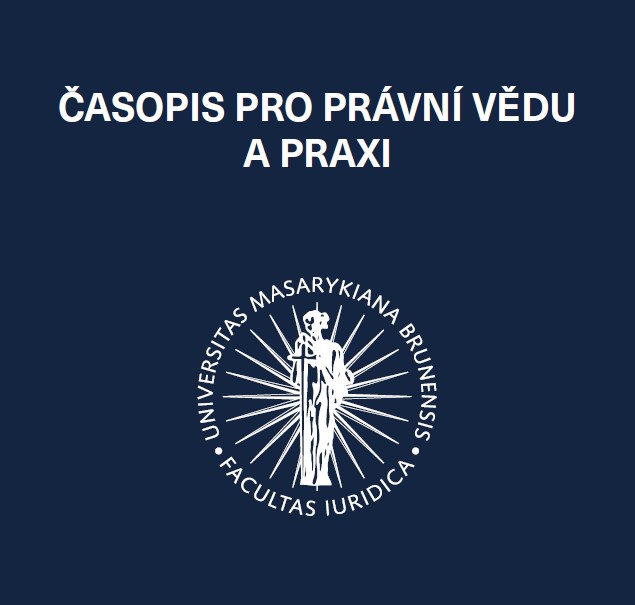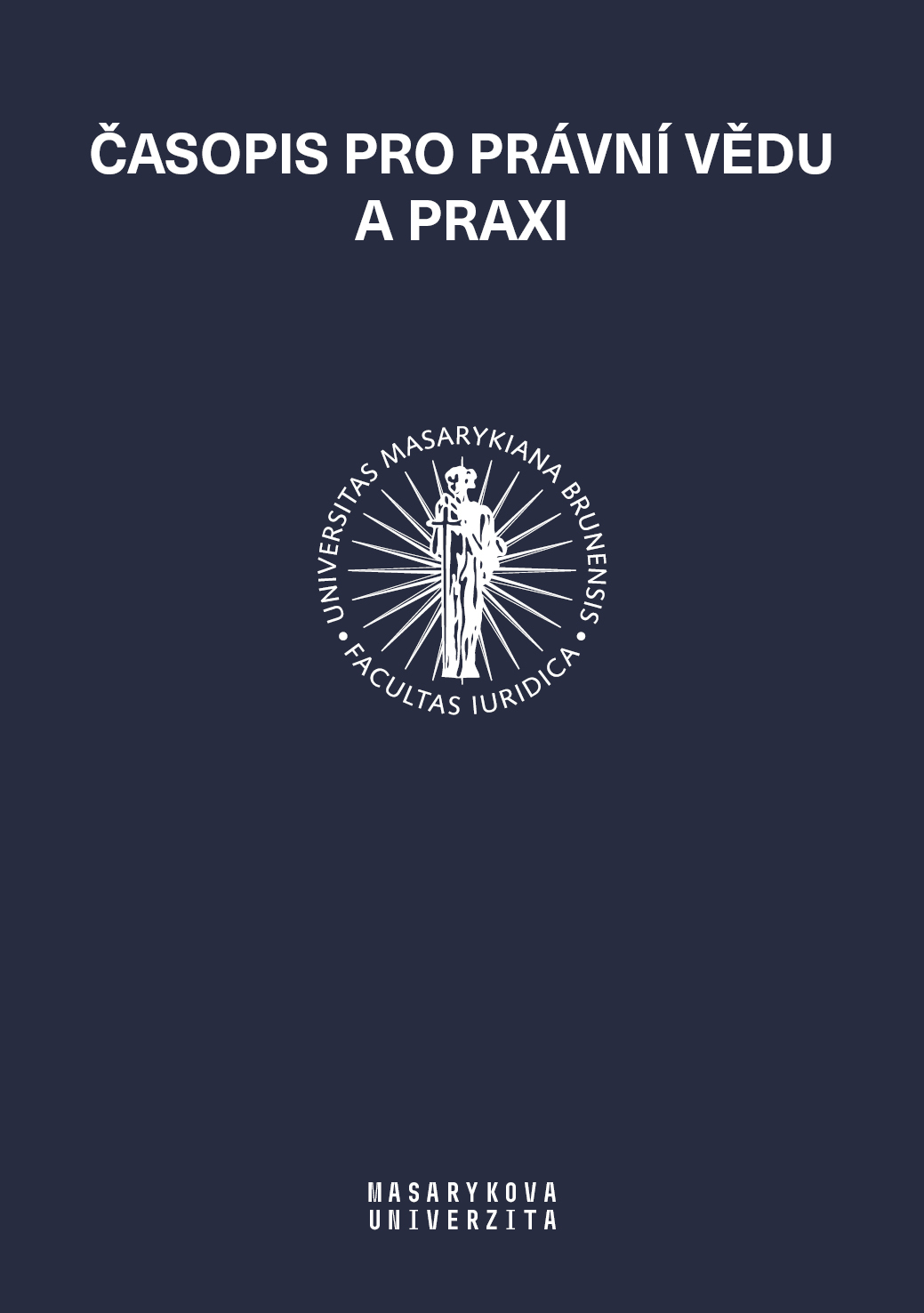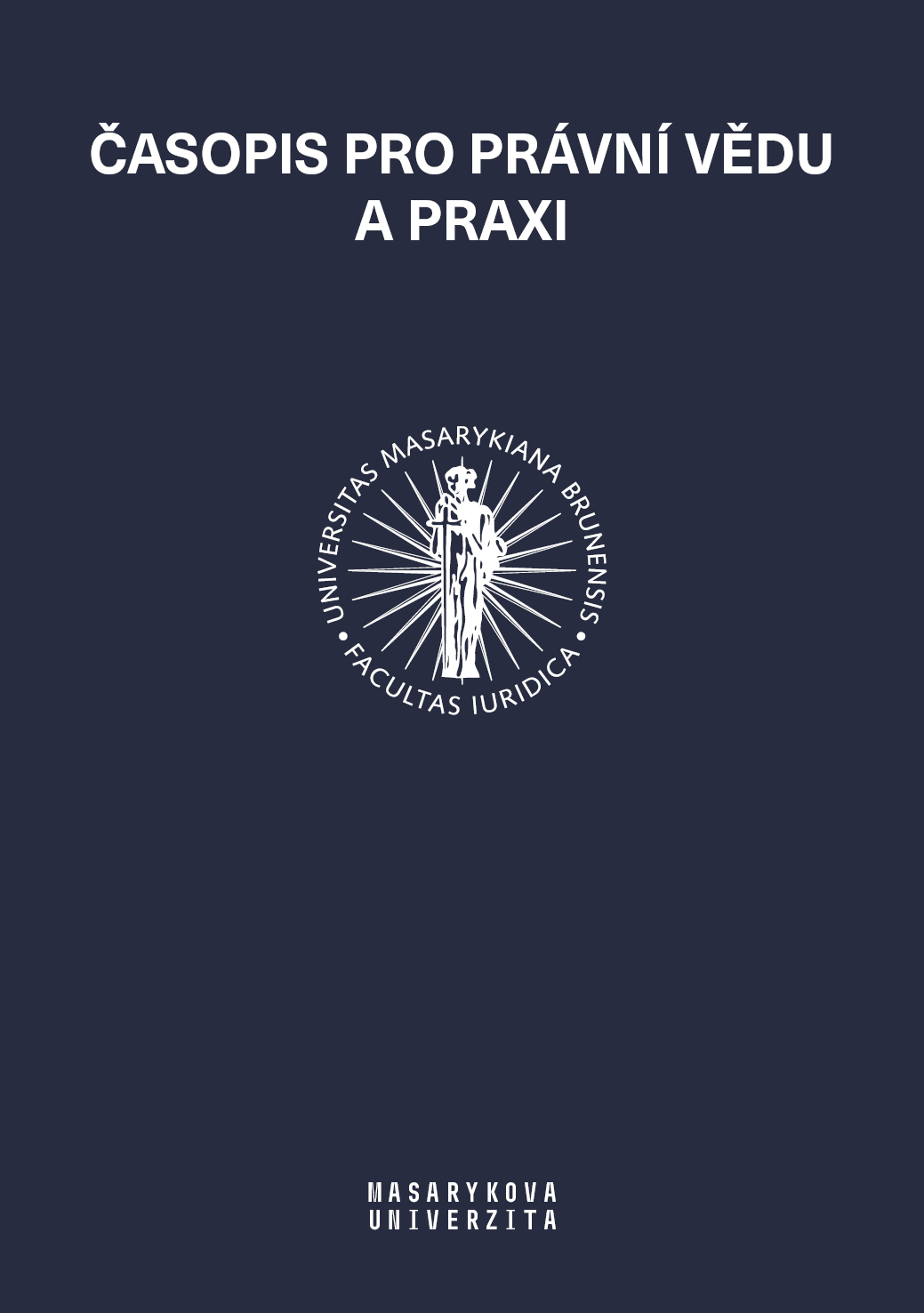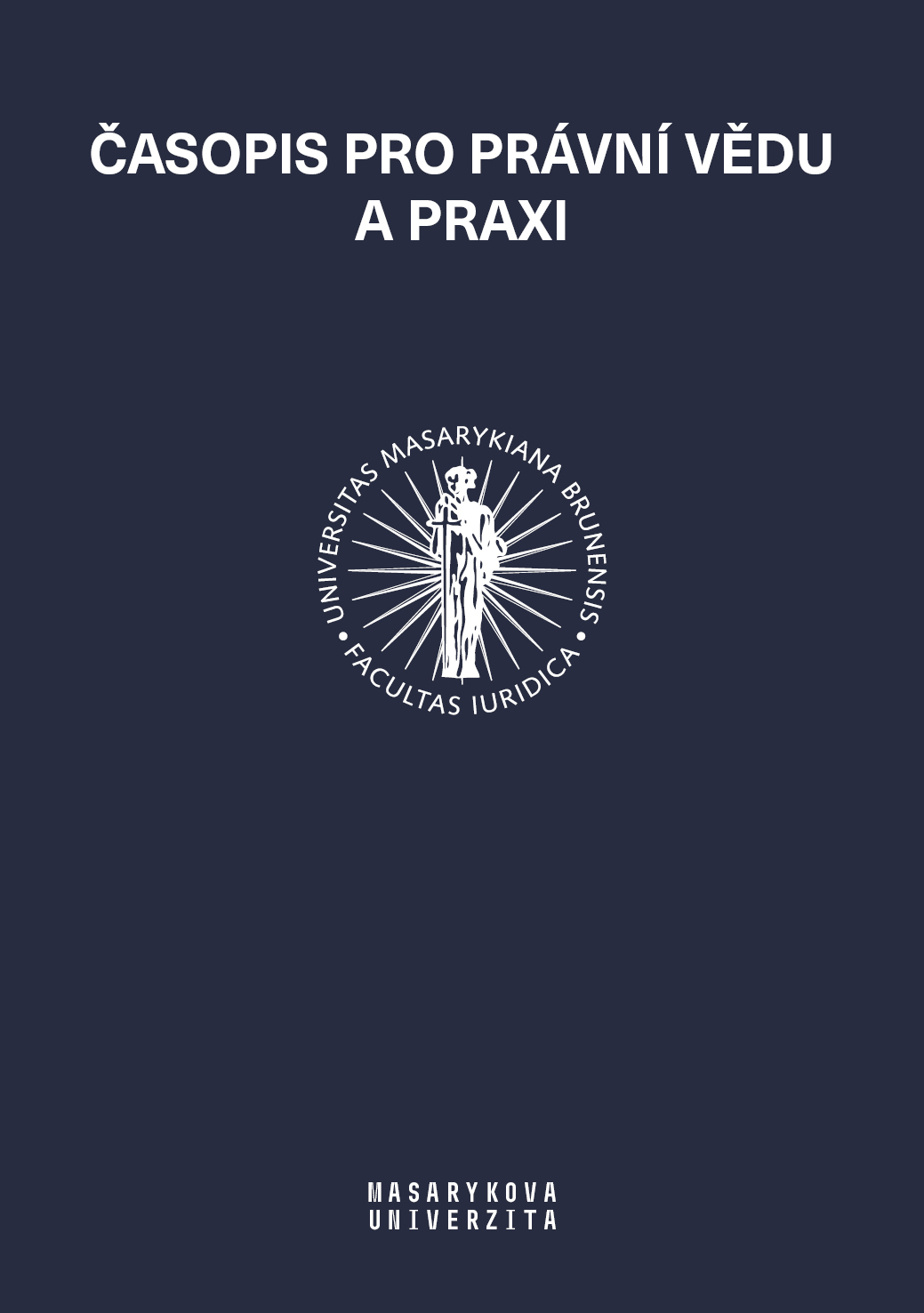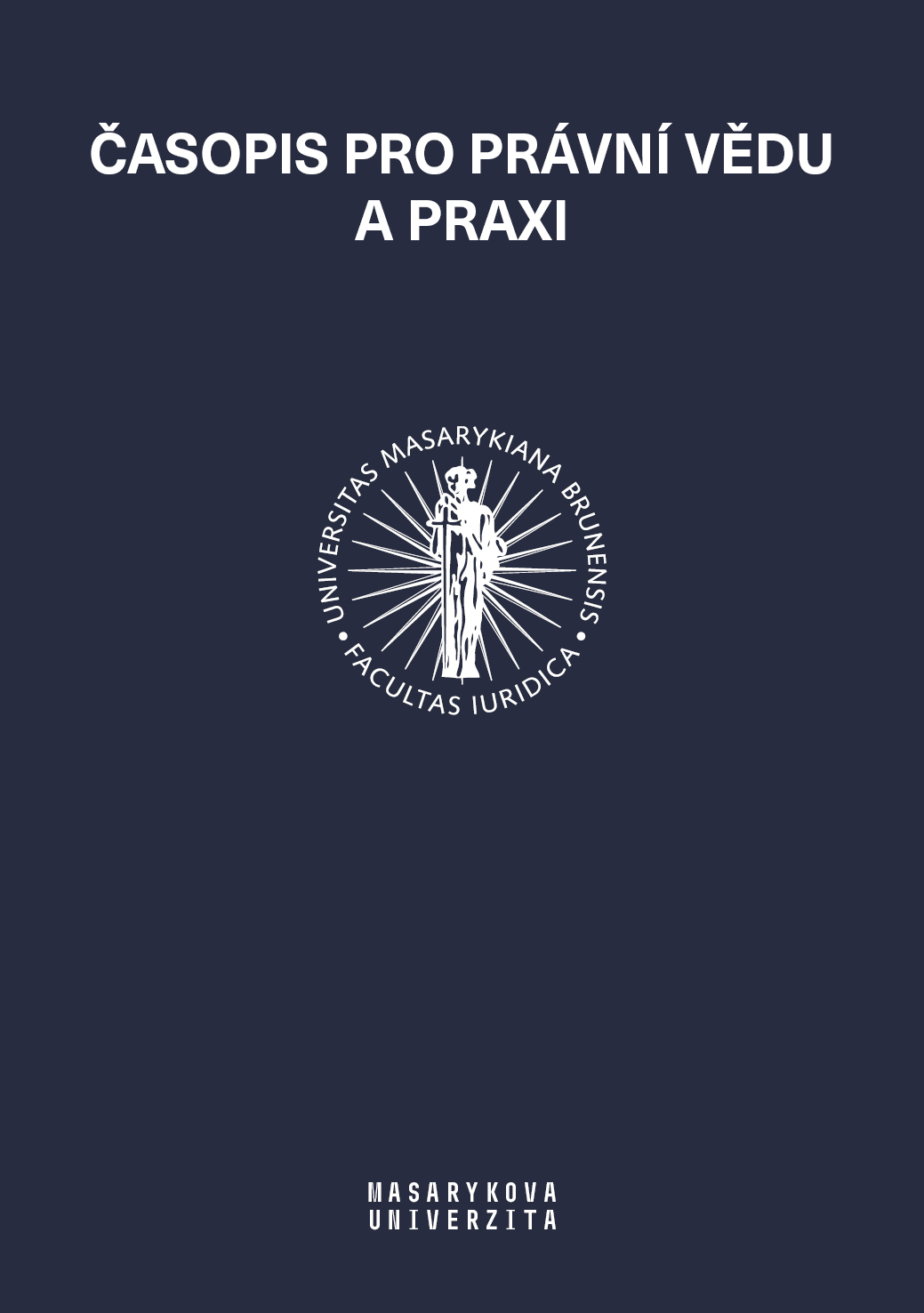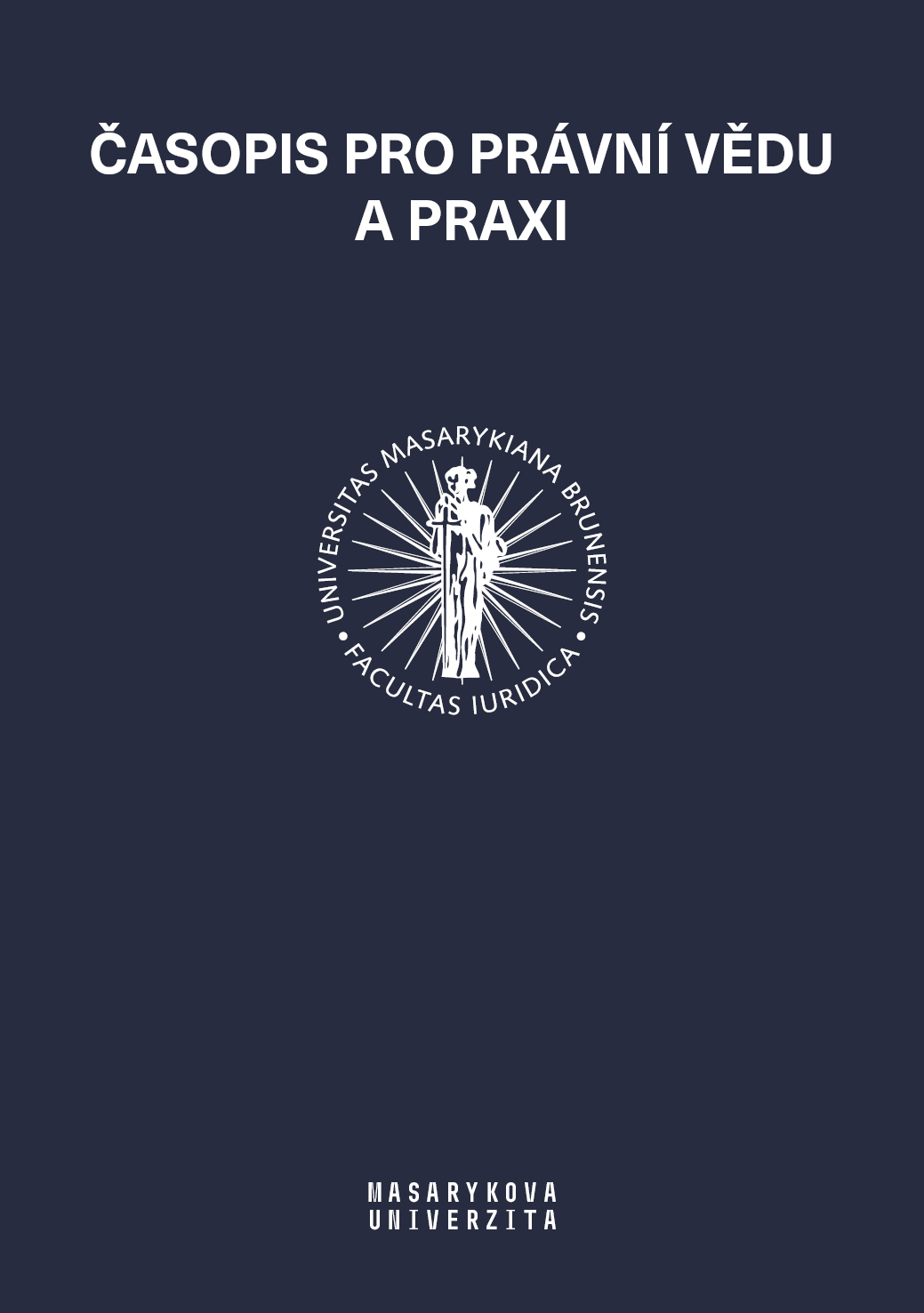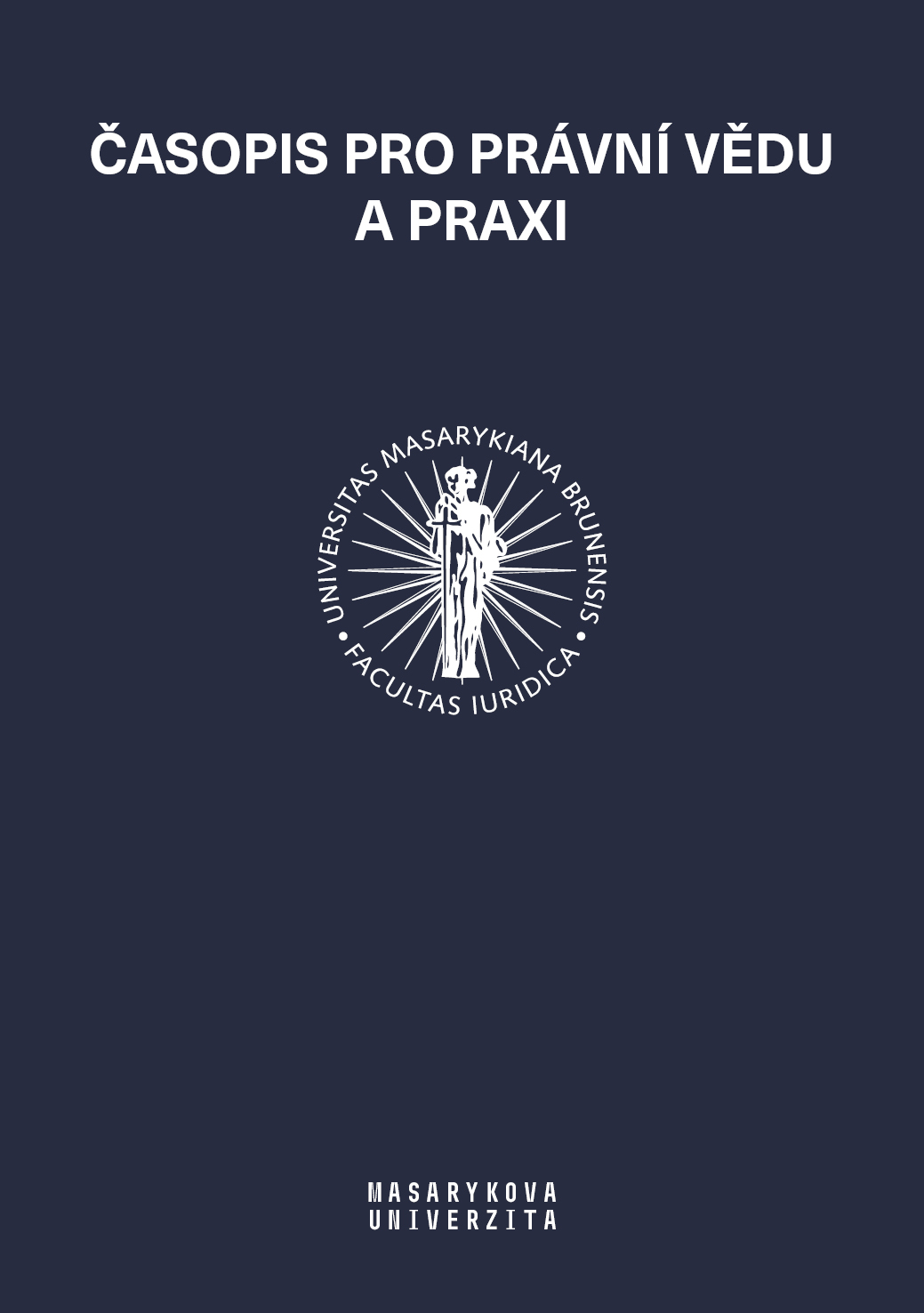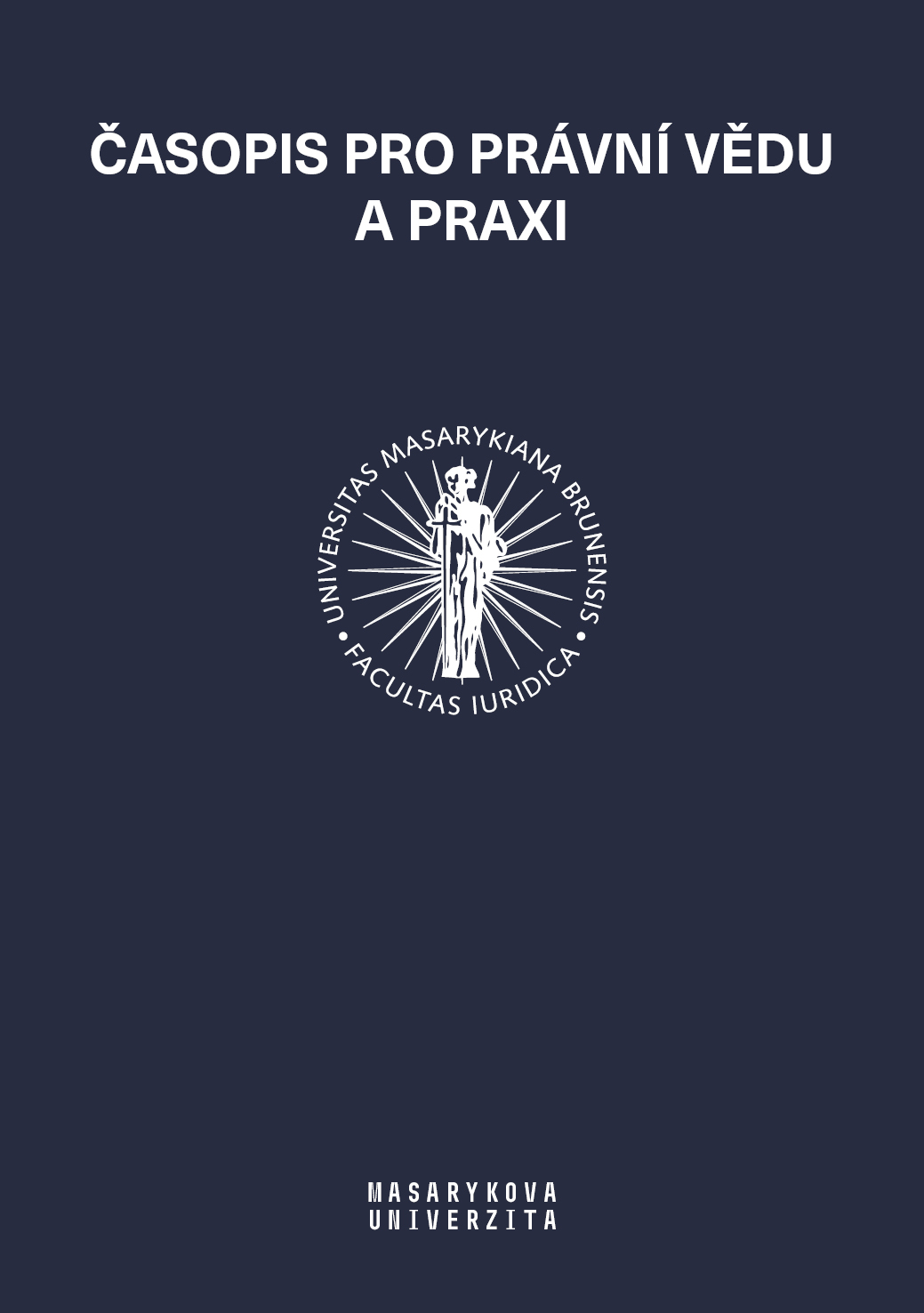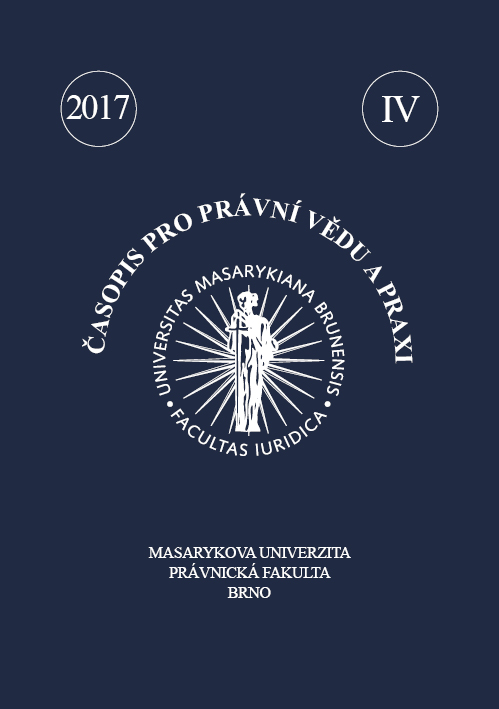
Závěť a její datace
The article deals with the question of date requirement in case of testament (whether the date is formal requirement of it). It provides interpretation of paragraph 1494 section 2 of Civil code (Act Nr. 89/2012 Sb.) which contains the only one norm dealing with date of the testament (it covers situation when there are multiple testaments without a date). Article also addresses different cases where date is required or not.
More...
